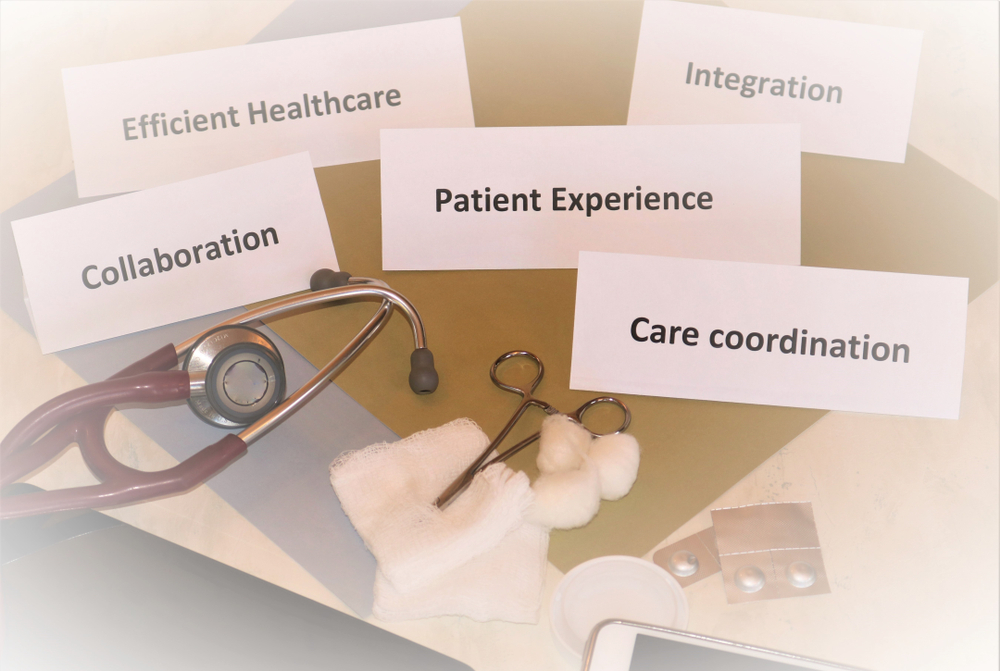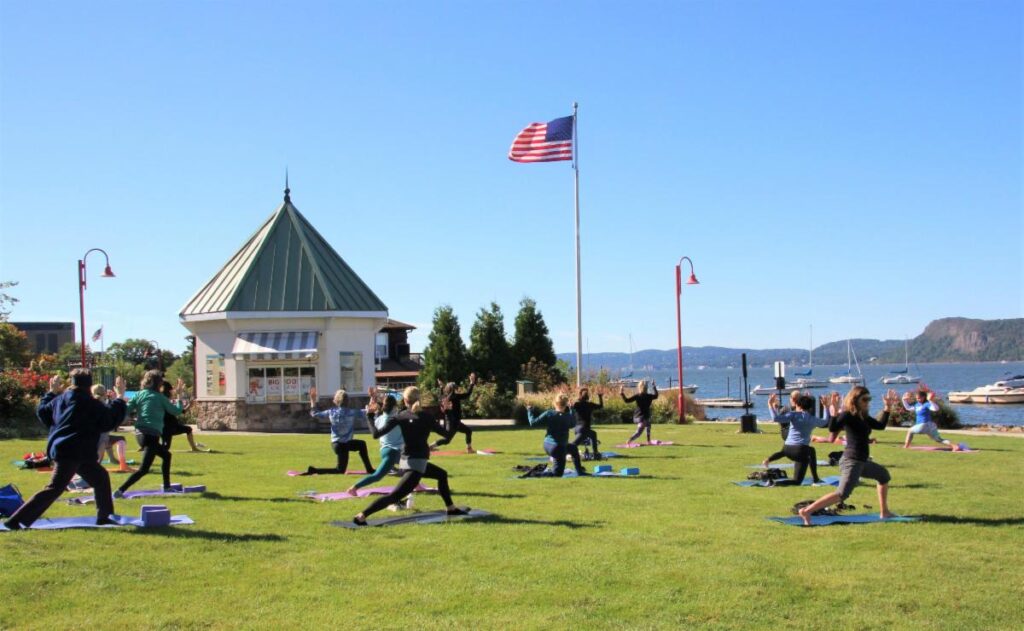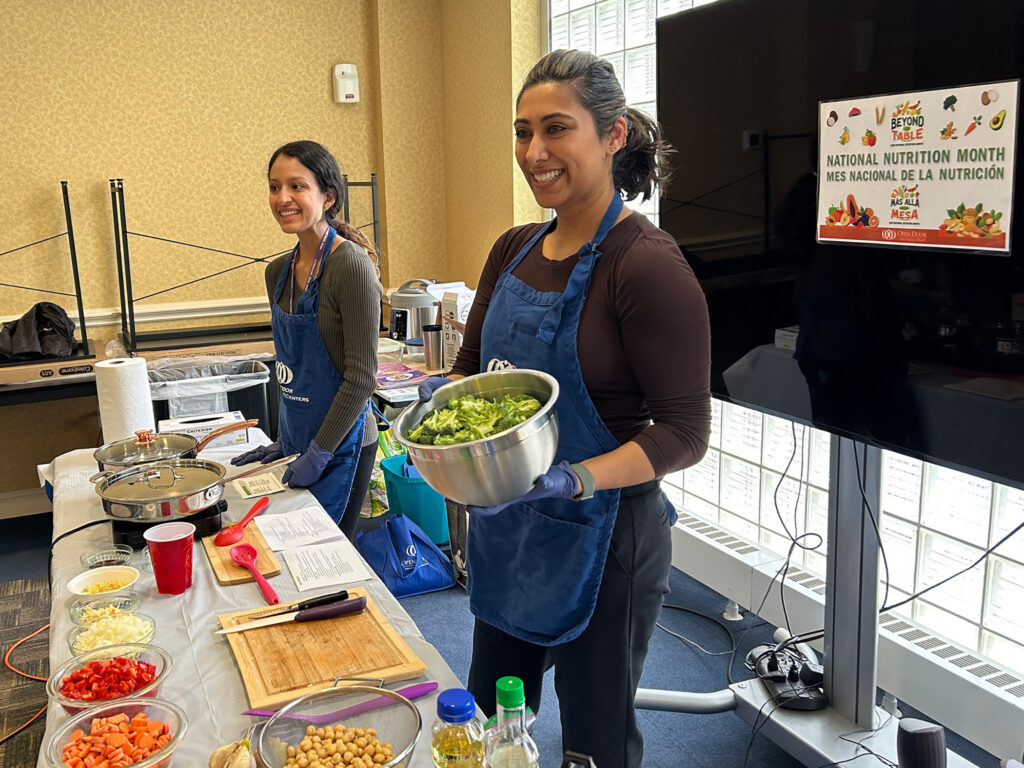While many health care consumers like the convenience of an urgent care center, it’s important to understand the limitations of this type of health care service. Like hospital emergency departments, urgent care centers are focused on addressing the patient’s immediate problem–problems that are not life threatening.
However, there remains confusion in understanding how an urgent care center differs from a health center. Part of this may be a result of the plethora of urgent care centers that seemingly cover every street corner in America. More than 14,300 urgent care centers today, in fact, dot the U.S. landscape, according to a recent white paper by the Urgent Care Association, nearly double the number less than a decade ago.
“Urgent care centers are generally very good at what they do, and that means providing timely access for acute care needs,” said Dr. Daren Wu, Chief Medical Officer at Open Door Family Medical Center, a Federally Qualified Health Center (FCHQ) that has been providing care in the Lower Hudson Valley for more than 50 years. “If you have a sore throat or twist an ankle, an urgent care center will treat it. They concentrate on the one issue that brings the patient into the center.”
Open Door, in comparison, follows an integrated health approach that provide chronic disease prevention and care; screenings for cancer, diabetes, hypertension, and other diseases; women’s health and prenatal care; HIV treatment, behavioral health screenings, and comprehensive vaccine coverage. These types of services, he added, are particularly important for the patients Open Door sees, many of whom may be new to this country, have minimal or no medical insurance, speak little English, and have not seen a doctor in months or even years.
For patients who are generally healthy or managing non-critical, uncomplicated conditions, said Dr. Wu, this means making sure they understand what the doctor just told them and educating them on next steps. For those patients with multiple chronic medical conditions like diabetes, asthma, cancer or heart disease, for example, Open Door provides a personal care manager to accompany them to appointments with their medical specialists. Such services may connect patients with a registered dietitian so they eat better, introduce them to a Spanish-speaking specialist, refer them to services offered by resources in the community (e.g. food pantries, support groups, legal service), or help them fill out the paperwork necessary for them to receive additional medical services.
While all Open Door patients have a Primary Care Physician (PCP) assigned them, these providers work in dedicated care teams that share panels of patients. “This means if a doctor is sick or out on vacation, or there is a vacancy, patient care is easily accessible,” said Dr. Wu.
By Definition
“When we talk about integrated or ‘wrap around’ services, it’s really about all those things that happen beyond the exam room,” said Andrea Ruggiero, Executive Vice President of Community Health at Open Door. “Our patients have really complex lives and it goes beyond health care. It impacts the way they live – the food they eat, where they live, and their mental health. So, if they come in for a flu vaccine, we aren’t just responding to this, but also looking at what’s going on in the context of their lives. Do they have food to eat? Stable housing? Are there other barriers they face to getting good health care?”
Added Karen Mandel, Open Door’s Senior Director of Community Health, “Our patients have multiple stressors in their lives. Some are undocumented immigrants, some are recent arrivals, some are low income, and some have little or no insurance. These are all things that automatically set them back when it comes to managing their health care. Our programs in community health are designed to help the patient follow through on what went on in their medical visit so they can maximize the value of the medical provider’s time. Without these services, the patient by and large would not be able to take those next steps.”




